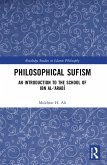
Broschiertes Buch
An Introduction to the School of Ibn al-'Arabi
9. Januar 2023
Routledge / Taylor & Francis
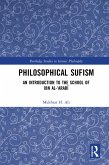
eBook, ePUB
28. Juli 2021
Taylor & Francis eBooks
| Gebundenes Buch | 195,99 € | |
| eBook, PDF | 40,95 € |
Ähnliche Artikel
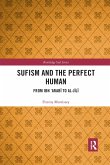
Broschiertes Buch
From Ibn 'Arab¿ to al-J¿l¿
30. September 2021
Routledge / Taylor & Francis
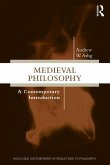
Broschiertes Buch
A Contemporary Introduction
14. August 2023
Routledge / Taylor & Francis
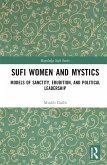
Gebundenes Buch
Models of Sanctity, Erudition, and Political Leadership
7. November 2023
Routledge / Taylor & Francis
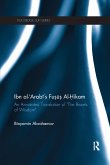
Broschiertes Buch
An Annotated Translation of "The Bezels of Wisdom"
12. Dezember 2019
Routledge / Taylor & Francis
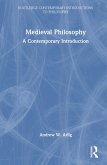

Gebundenes Buch
Ibn 'Ajiba's Understanding of the Divine Word
27. September 2023
Routledge / Taylor & Francis
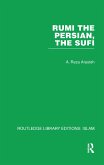
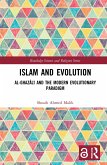
Broschiertes Buch
Al-Ghaz¿l¿ and the Modern Evolutionary Paradigm
9. Januar 2023
Taylor & Francis Ltd

Broschiertes Buch
12. Januar 2018
Routledge / Taylor & Francis
Ähnlichkeitssuche: Fact®Finder von OMIKRON
